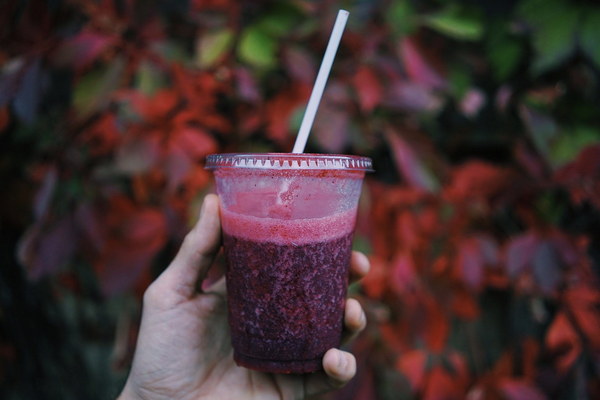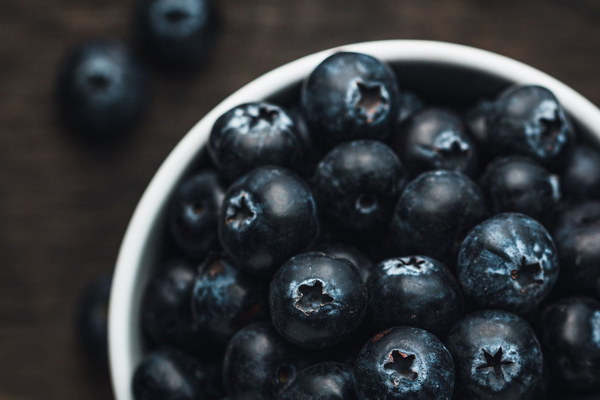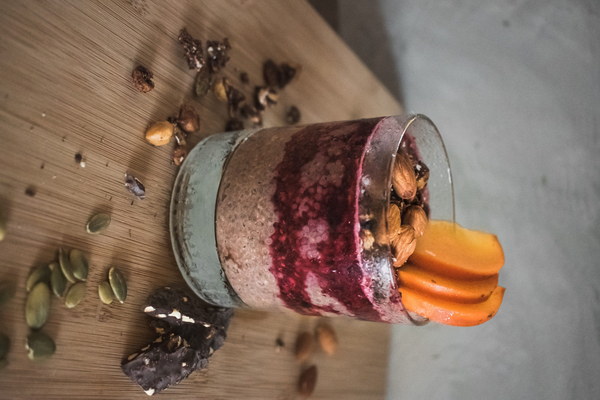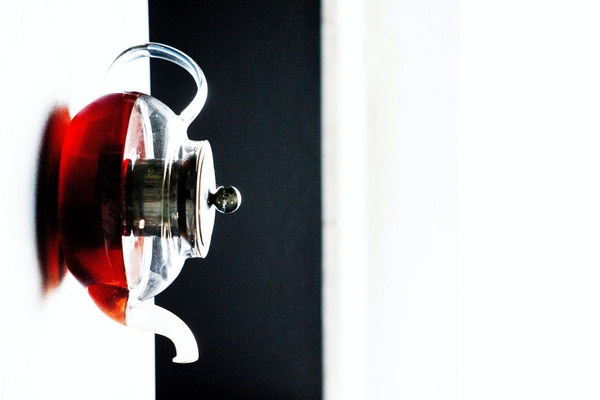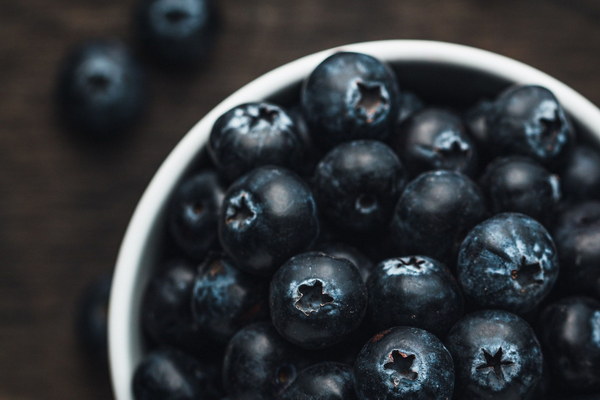Unlocking the Power of Astragalus and Poria Do They Really Dredge Moisture and Excrete Dampness
In traditional Chinese medicine, herbal remedies have been used for centuries to maintain health and treat various ailments. Among the myriad of herbal combinations, the pairing of Astragalus (Huang Qi) and Poria (Fu Ling) stands out as a potent duo for addressing dampness and promoting fluidity in the body. But do these two herbs actually have the ability to dredge moisture and excrete dampness? Let's delve into the properties and mechanisms of Astragalus and Poria to uncover the truth behind this claim.
Astragalus, also known as Huang Qi, is a well-known herb in Chinese medicine, valued for its immune-boosting properties and its ability to tonify the spleen and lungs. It is believed to enhance the body's resistance against diseases and promote overall well-being. On the other hand, Poria, or Fu Ling, is a mushroom-like herb that is used to alleviate dampness and promote urination.

The concept of dampness is central to traditional Chinese medicine, as it is considered to be one of the six extraneous pathogenic factors that can disrupt the body's balance. Dampness is characterized by symptoms such as fatigue, weight gain, bloating, and fluid retention. It is believed that when dampness accumulates in the body, it can lead to various health issues, including digestive disorders, joint pain, and even chronic diseases.
So, how do Astragalus and Poria work together to address dampness? The answer lies in their combined properties and mechanisms of action.
Firstly, Astragalus has been found to have diuretic effects, which means it can promote the excretion of urine. By increasing urine output, Astragalus can help to eliminate excess fluid from the body, thereby reducing the symptoms of dampness. Additionally, Astragalus has anti-inflammatory properties that can help to alleviate joint pain and swelling, which are common symptoms of dampness.
Secondly, Poria is a natural diuretic that can help to eliminate dampness by promoting the excretion of urine and sweat. It also has the ability to absorb and transform dampness, thereby reducing the accumulation of dampness in the body. Furthermore, Poria is believed to have a calming effect on the mind, which can help to alleviate stress and anxiety, both of which can exacerbate dampness.
When combined, Astragalus and Poria work synergistically to address dampness from multiple angles. Astragalus focuses on increasing urine output and reducing inflammation, while Poria works to absorb and transform dampness and calm the mind. This dual-action approach can help to alleviate the symptoms of dampness and promote overall health.
However, it is important to note that the effectiveness of Astragalus and Poria in addressing dampness can vary from person to person. It is essential to consult with a qualified healthcare professional before starting any herbal treatment, as individual health conditions and contraindications must be taken into account.
In conclusion, Astragalus and Poria are indeed potent herbs for addressing dampness and promoting fluidity in the body. Their combined properties and mechanisms of action make them a valuable addition to traditional Chinese medicine for the treatment of dampness-related conditions. While further research is needed to fully understand the extent of their efficacy, there is ample evidence to suggest that these herbs can be a valuable tool in the fight against dampness and its associated symptoms.
